US president Donald Trump’s latest trade tariff pronouncement threatens punitive 100% duties on patented and branded medicines, unless construction has begun on a US production facility. The tariff won’t apply to generic medicines and, assuming Trump abides by his existing trade agreements, tariffs on imports from the EU should be capped at 15%. But since little official detail has emerged beyond the President’s brief outline on his Truth Social platform, and with the US government now shut down after failing to agree its budget, the precise implications remain to be confirmed.
At first glance, this might appear to be a further attempt to coerce multinational drug firms (particularly those based outside the EU, including in the UK, Switzerland, Japan and China) to invest in US manufacturing sites. But that view belies the complexity of the global pharmaceutical industry and its supply chains.
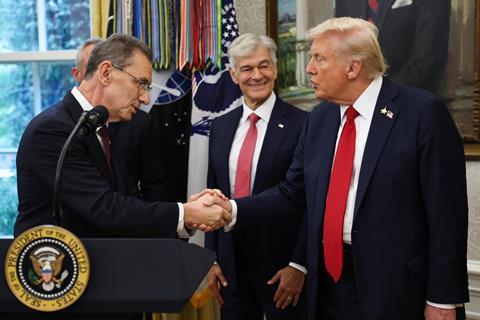
The Biotech Industry Organization was quick to point out that many innovative small companies don’t ever build their own manufacturing facilities – relying instead on contract service providers, not all of whom are US-based. That could lead to a situation where a new drug is developed in the US and sold by a US-based company, but is still subject to tariffs simply because of where it is manufactured.
Likewise, large companies that produce extensive portfolios of branded medicines rarely produce all their drugs for each market domestically – economies of scale and global supply chains mean it’s more efficient to have a few sites dedicated to specific products, which then ship them regionally or globally.
In parallel, Trump is putting pressure on firms to reduce the prices patients pay for branded drugs in the US. Tariffs on imports would tend to make prices higher. However, a deal with Pfizer that offers three years’ exemption from pharmaceutical tariffs in exchange for participation in a government-backed direct drug sales platform, TrumpRx, perhaps reveals a link between the two policies. But company-by-company exception deals clearly favour those firms with closer ties to the administration – potentially leaving smaller firms, and the patients who rely on their products, out in the cold.
While Trump’s trade policies do appear to have accelerated an existing trend of ‘re-shoring’ manufacturing – with several multinationals pledging billions in US investment over recent months – the biggest impact of gyrations and threats around trade has been the uncertainty it generates. An unpredictable market makes firms wary of commitment, and as we’ve seen in the UK with Merck & Co’s withdrawal, even investments in sites that are several years into construction can be cancelled if circumstances change.





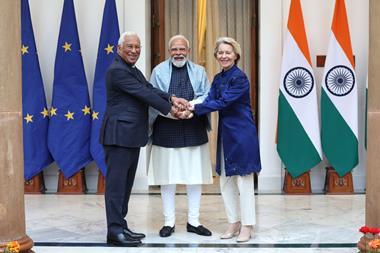
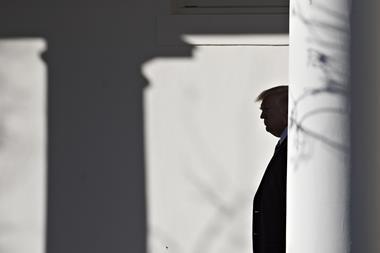
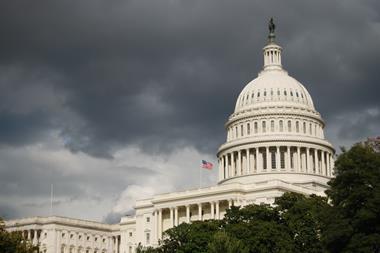
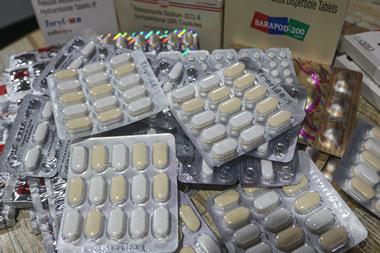








No comments yet